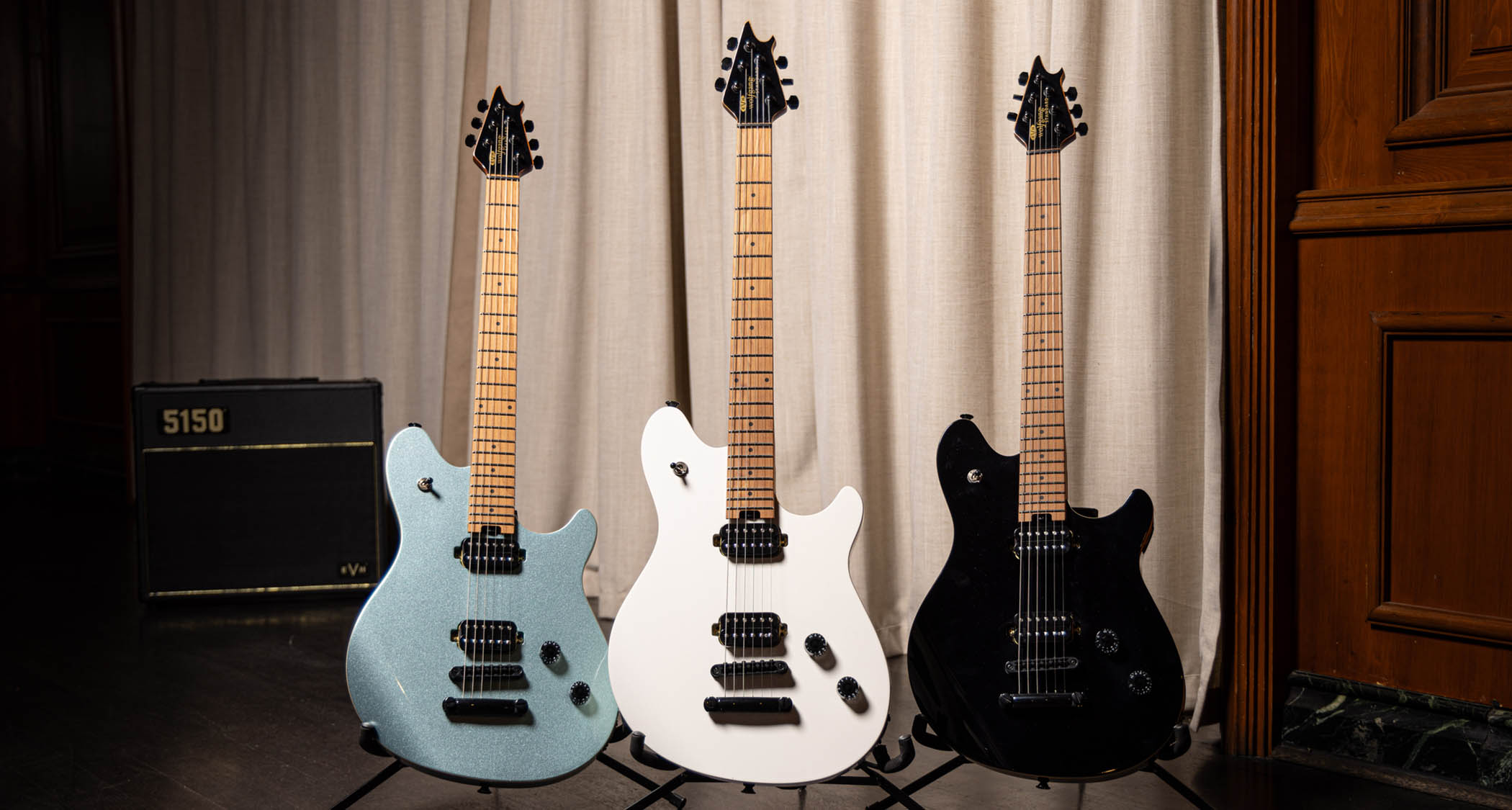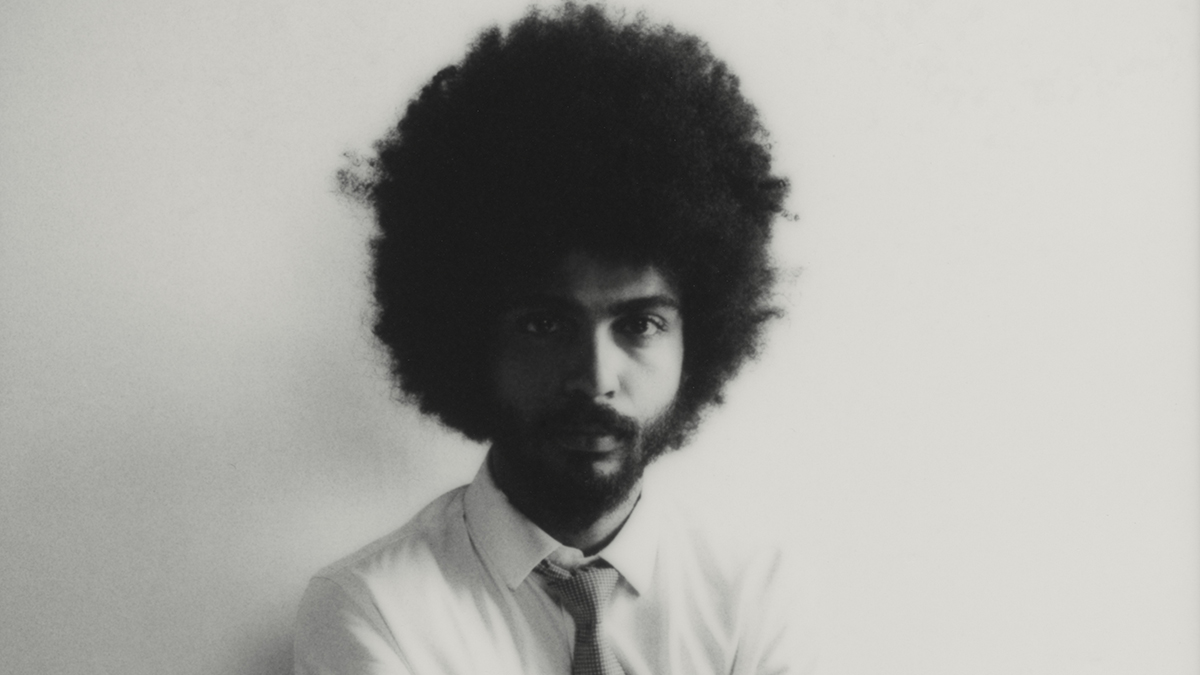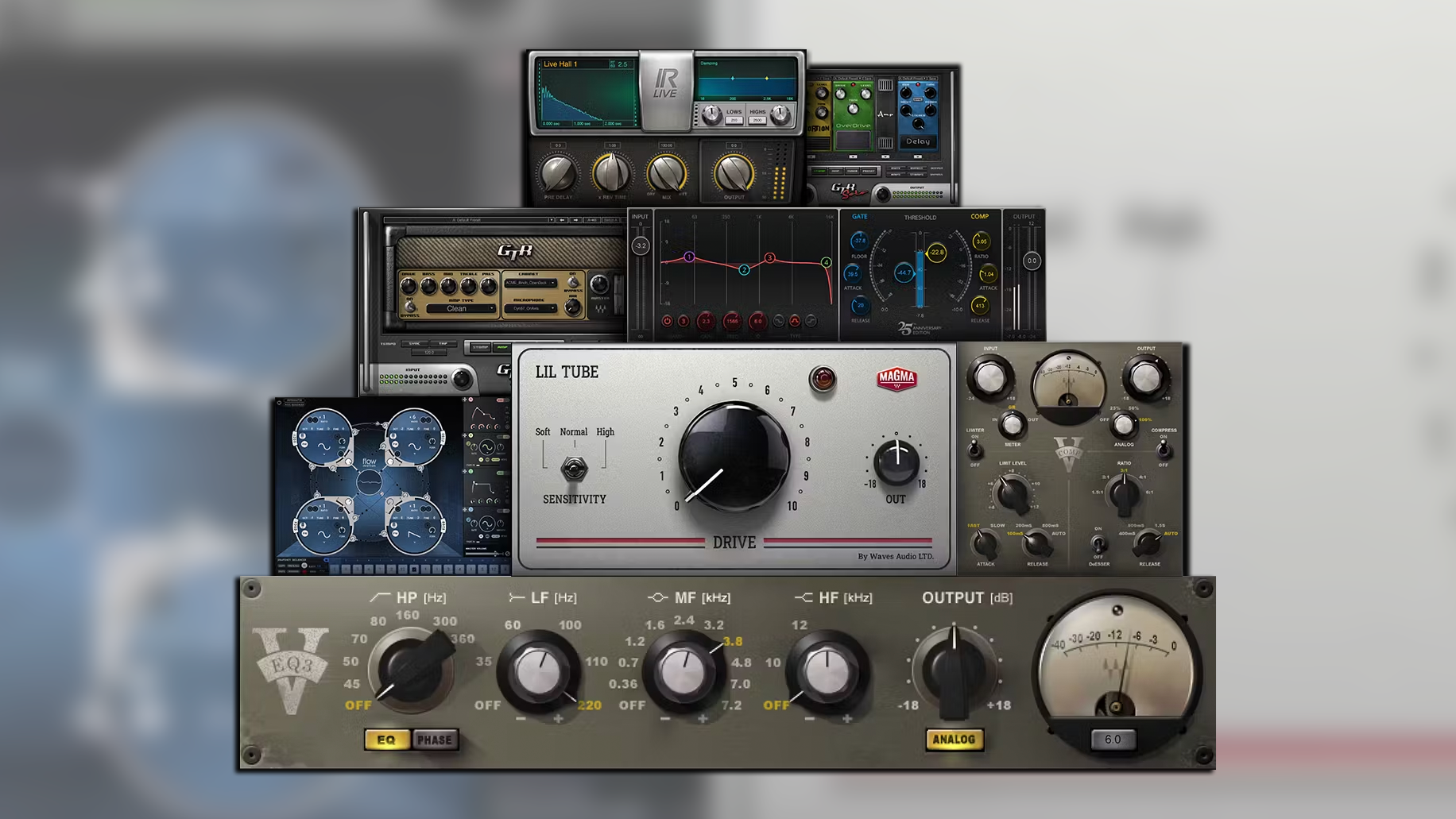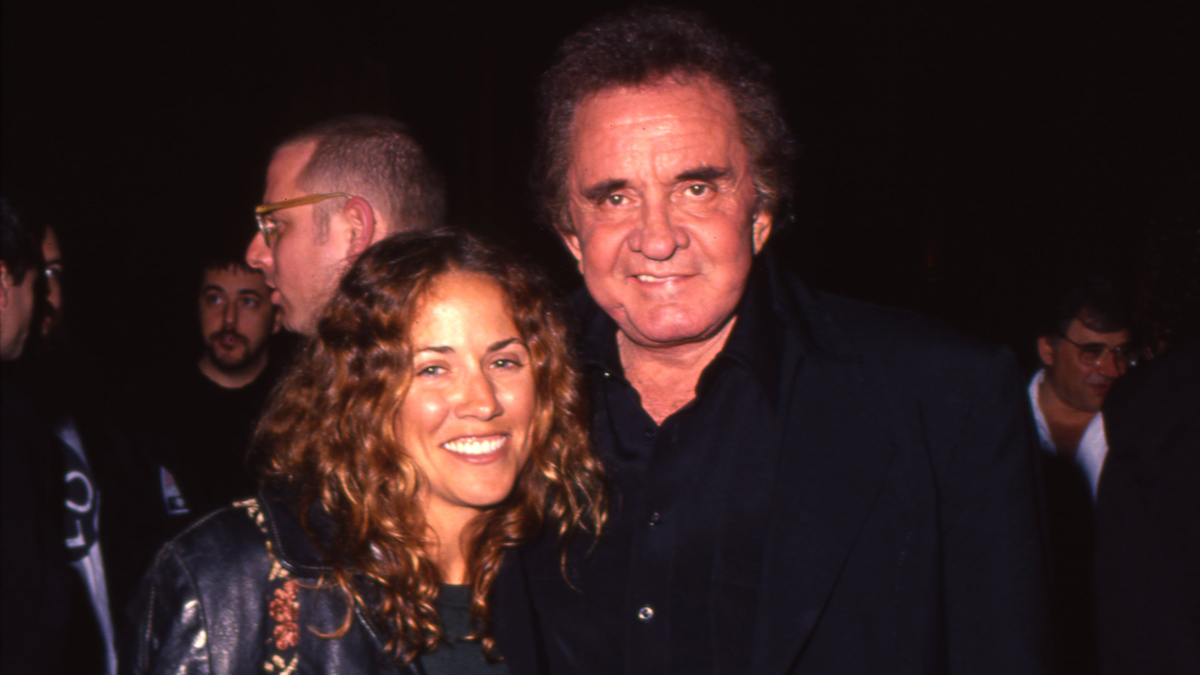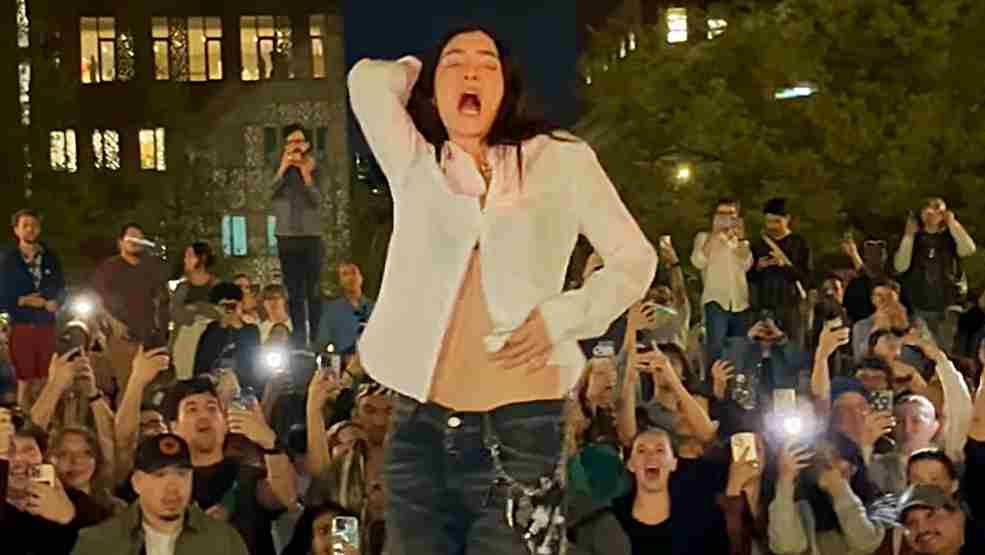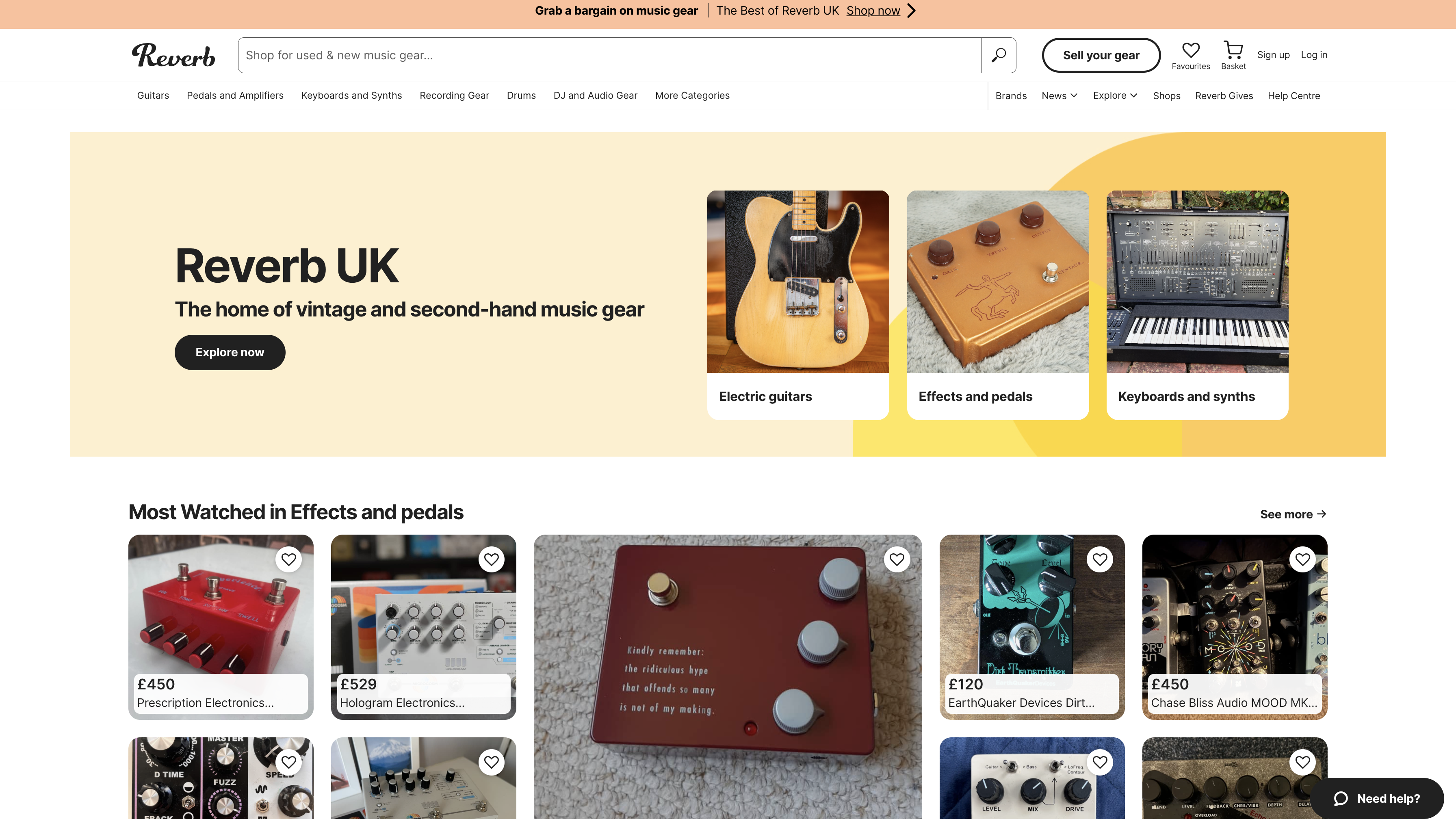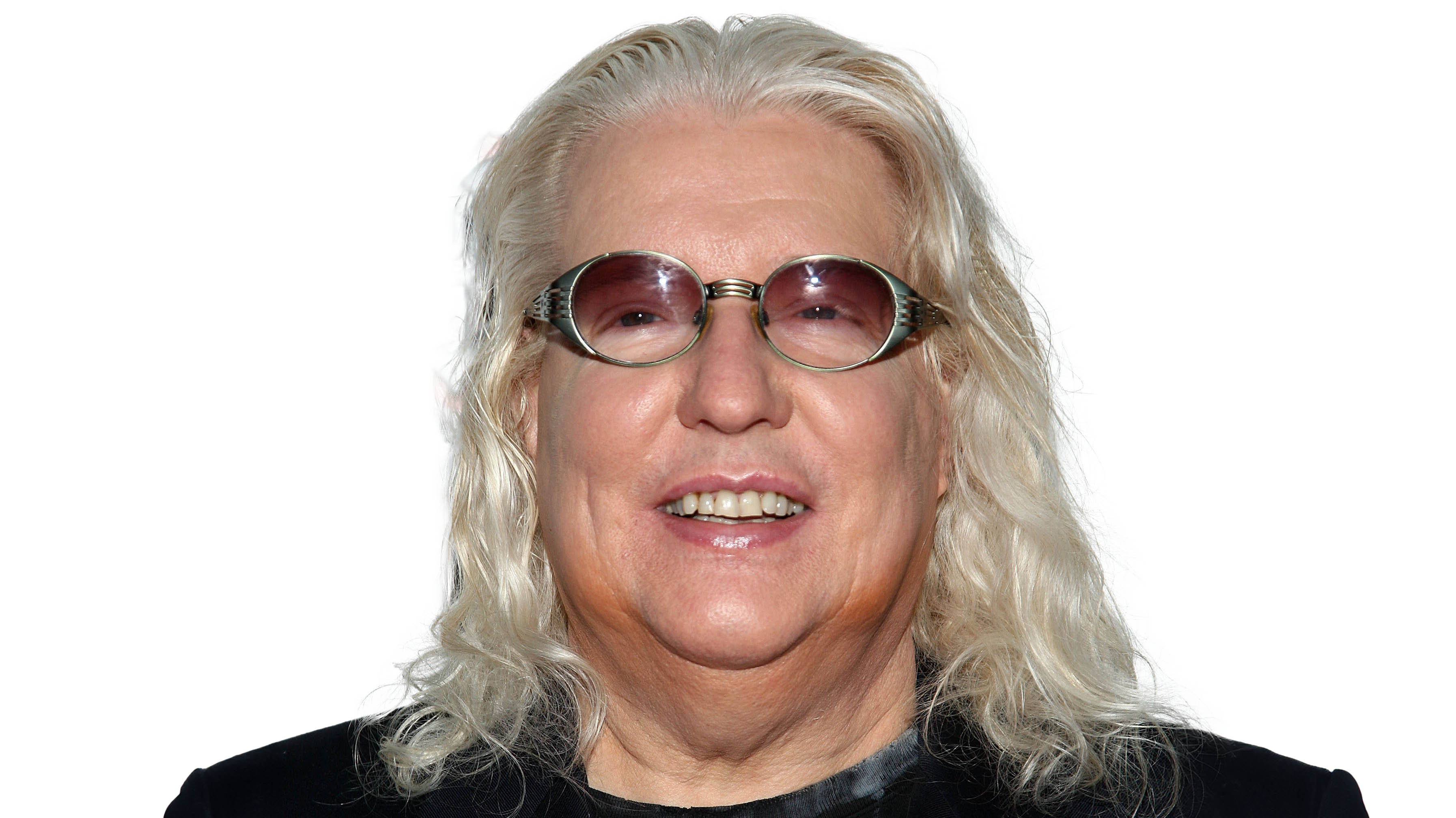"I heard Portishead’s Dummy on the radio and thought to myself: ‘I can make that'": Air's Moon Safari is 25 years old, but still sounds like it will be made in 25 years' time. Here's the story of the greatest chillout album ever
And why you should see them play the whole album live this year…
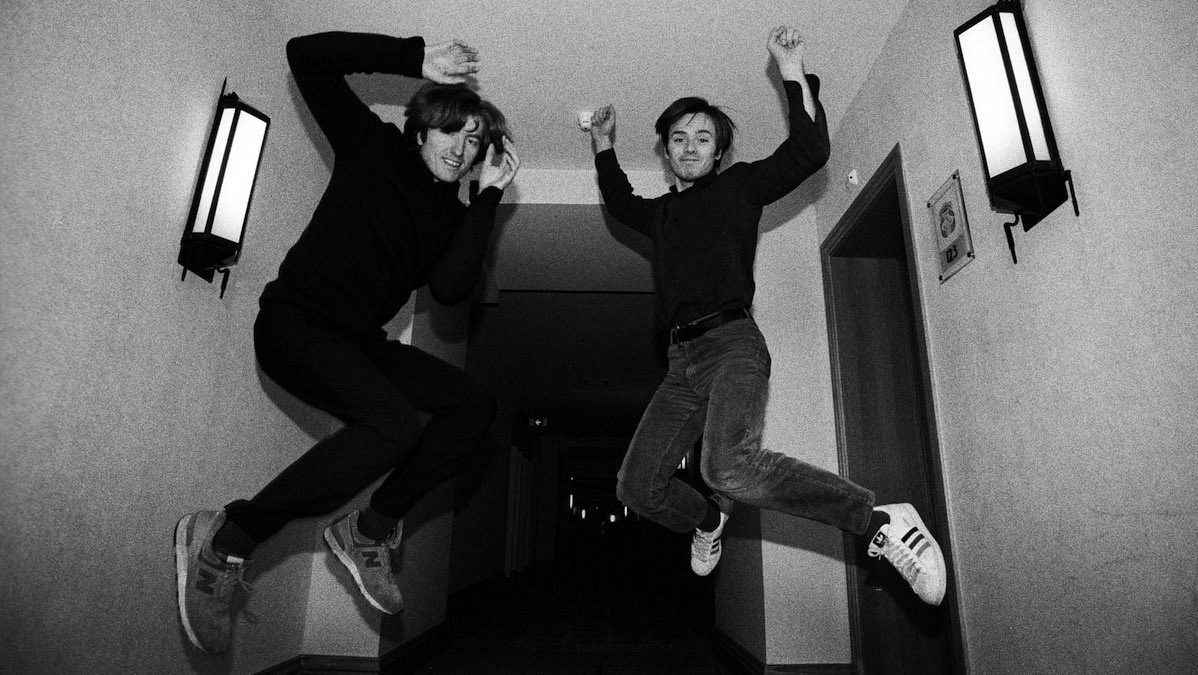
While Britpop and dance music fought for supremacy in the 1990s, a quieter music force was bubbling away, and took its place in the bars of Ibiza and the come down rooms in UK clubland – 'chillout' was the new sound for the end of the century and Air were its masters.
Chillout could pretty much be any style of music you wanted, as long as you lowered the bpm and made it calmer than its rave and high-energy dance opposites. So think classical, 50s kitsch, lounge, jazz, electronic… You name it, it would end up being packaged on a '90s chillout compilation for the masses.
Air would get there first, though, and pretty much embrace all of those styles on their debut album, Moon Safari.
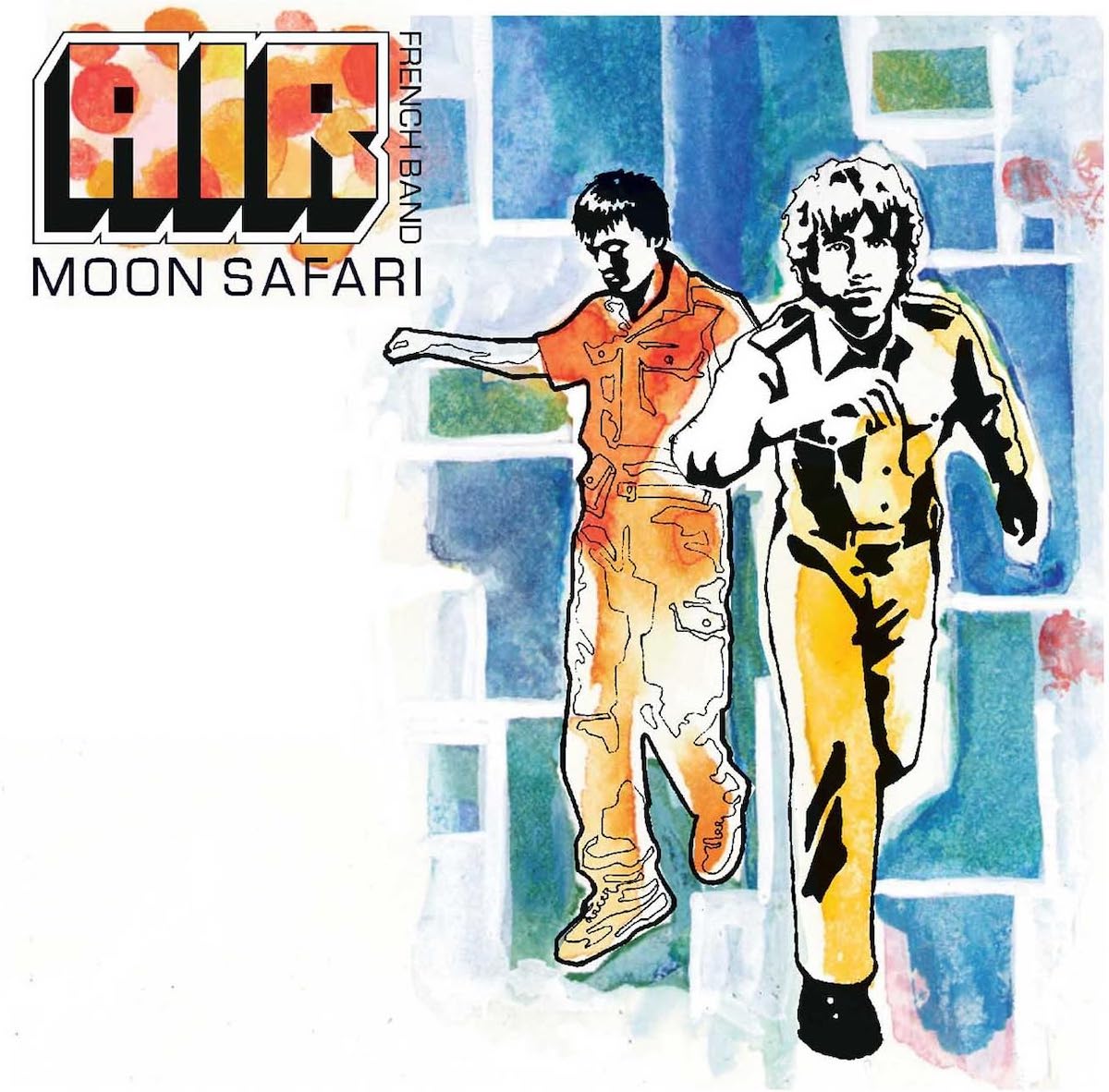
Background
Prior to Moon Safari, Air (Amour, Imagination, Rêve) was just Nicolas Godin, who had minor success releasing tracks in 1996 on French label Source and some remixes on Mo'Wax in the UK. A year later he was joined by Jean-Benoît Dunckel, after which Source asked for an album.
Moon Safari was a tour through a nostalgic world of '70s television and classic sci-fi, all played with the instruments of those times
Air's mission was to do something different, and after being brought up on everything from Kraftwerk to Serge Gainsbourg – and with a healthy obsession for the unusual thrown in – they were almost destined to do just that.
"Until 1994, I was listening to the radio and thinking, ‘whatever this sound of today is, it is not me’," Godin says on the Air website. "But then, I heard Portishead’s Dummy on the radio, and thought to myself: ‘I can make that’.”
They took a love of pop culture from the previous couple of decades and created a musical backdrop for it in Moon Safari, a tour through a nostalgic world of '70s television and classic sci-fi. It was played with instruments of those times including vintage analogue synths and original Rhodes pianos, all bought relatively cheaply in France when digital synths were more in fashion and commanding the big money.
Get the MusicRadar Newsletter
Want all the hottest music and gear news, reviews, deals, features and more, direct to your inbox? Sign up here.
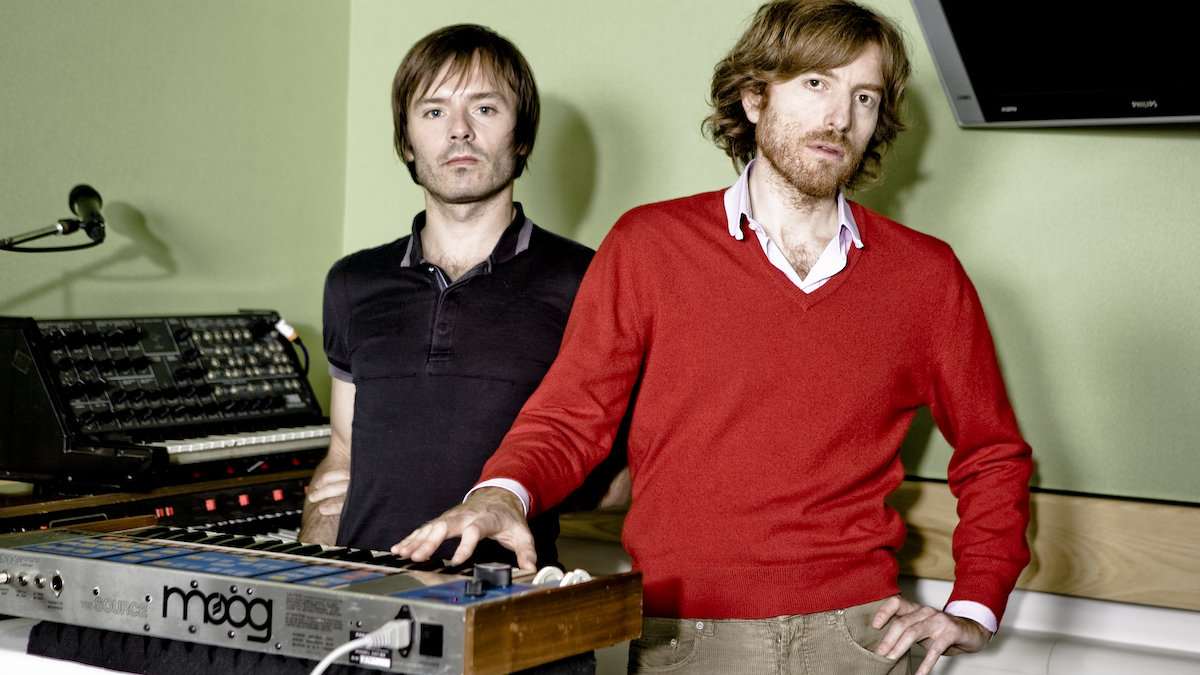
Recording
The resulting album came just at a time when the dance music generation was maturing into hosting dinner parties rather than PA systems in fields, and buying 'grown up' long players from bands like Massive Attack and Portishead. Moon Safari was a kitsch take for this generation, but by brilliantly not trying to be anything in particular, it ending up being everything.
They deliberately sung in English because, "it made us sound even more French, because of our thick accents,"
Godin and Dunckel definitely played the French card with aplomb – you could almost see the album as a black and white '60s art house film – but deliberately sung in English to enforce it. "It made us sound even more French, because of our thick accents," Godin told the Guardian in 2016.
The duo recorded Moon Safari from 1996 to August 1997, starting in Godin's home studio before renting a space in a country house in Saint-Nom-la-Bretèche, with a stint at Abbey Road to record strings along the way.
As well as the classic instruments we mention above, Air did add a few more modern touches that were very much in vogue at the time, although they thankfully didn't pay the in vogue prices, telling Future Music's Derek O'Sullivan they paid just £40 for a TB-303 and £200 for a 909. Lucky beggars.
"We were using old Roland drum machines, Moogs, old Korg stuff, ARP synths and the Rhodes electric piano," Nicolas explained, "and we also a lot of guitar effects: distortions and flangers in particular. We like the Electro Harmonix effects."
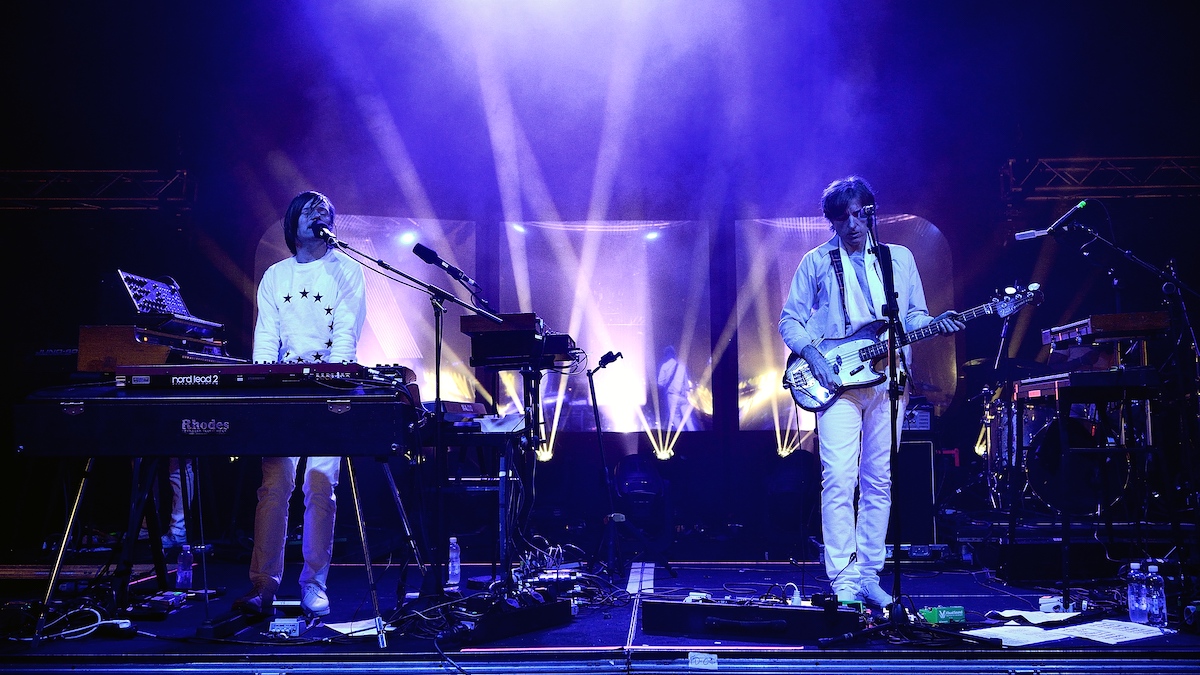
"If I want a flanged sound, I put a guitar box into the inserts on the mixer and I can control it manually," Nicolas said in the same FM interview. "It's more spontaneous that way. I don't like to have to push buttons on a rack. Many elements are flukes. We're not very good technicians, and the kind of effects and equipment we use are such that you're often obliged to hit them! So accidents play a part in our music. All the time."
We're not very good technicians, so accidents play a part in our music. All the time
Other gear they detailed included a Casiotone, clavinet, glockenspiel, several guitars, a harmonica, Korg MS20, Mellotron, Minimoog, piano, Solina String Ensemble and a Wurlitzer organ.
Amazingly the whole album was recorded on an 8-track Fostex D80 sync'd with an Akai S1000 and sequenced with Cubase, first running on an Atari 1040ST and later a Mac.
The duo told Reverb.com that they then spent 15 days at Gang studio mixing the album on an SSL. "But seeing as Moon Safari only had eight tracks, there were just the eight tiny faders up on the giant SSL, so that was a bit of a gag!" Godin admitted.
Moon Safari came out at the start of 1998 to universal praise, and Air became the darlings of a new form of music. The album went on to shift a couple of million copies, selling 600,000 in the UK alone.
To celebrate its 25th anniversary (although we make it 26), Air are playing the whole of Moon Safari on various dates across Europe starting at the end of February and finishing in July. Get more info from the band's official website.
Track by track
La Femme D’argent

Moon Safari's opener puts you straight in an Ibiza bar – or one on Mars come to think of it – at 4 o clock on the morning, and you are feeling like the coolest person on the planet, surrounded by effortlessly attractive humans and aliens.
Rhodes piano and solid acoustic bass entwine and embrace throughout the track with Godin telling Reverb: "The Rhodes is my favourite instrument. I spent my entire childhood wondering what that sound was that I heard everywhere on TV and on the radio, but no one at that time pointed out the Rhodes."
Sexy Boy
Godin told the Guardian he used a 1960s Höfner bass put through a guitar amp for this track and played a riff to Jean-Benoît which he simply responded to by saying 'sexy boy'. "The song was about who we wanted to be; we weren’t handsome when we were younger; our friends always had more success with girls."
The track is an undoubted highlight of Moon Safari and as its debut single, announced the band to the world, reaching number 13 in the UK chart. It's also the first track on the album to feature a vocoder: "We have four vocoders," the band told Future Music, "but we can't tell you what they are, it's a secret!" Whisper: two of them were a Korg VC-10 and Roland VP-330.
All I Need

American singer Beth Hirsch sang on All I Need and You Make It Easy: "She made us sound like a space-age Carpenters," Godin told the Guardian. Hirsch was in Paris working an an au pair but was also a musician and songwriter, and had got a deal Rough Trade in Paris and was recording her debut EP Miner’s Son when she met Nicolas Godin in the studio. He asked her if she would be interested in contributing to Moon Safari and she quickly became involved in the project.
"They gave me an early version of the music, " she told Andy Price at MusicTech but even in that raw state I could tell the song had something special. I immediately found a melody and shortly after wrote the lyrics for it."
Kelly Watch the Stars

Godin told The Guardian, "I remember talking about who we thought was the most beautiful woman in the world. For me, it was Kelly from Charlie’s Angels, so we wrote Kelly Watch the Stars about her." If only we could all do that…
Of course that squelching Moog bass underpins the whole track, but there's a great vocoded vocal to counter it, but Air still aren't going to tell you which one: "If you find one that we've got, you'll be able to make a record like Air," they noted to Future Music, clearly knowing that wasn't true.
Talisman

Godin revealed to reverb.com that Talisman "was actually a mix of Jean-Benoît playing on the Rhodes and me doubling the melody on the Wurlitzer 200A, so there were two electric pianos in the same track... not easy to mix."
We've included a live performance (above) from La Blogothèque in Paris in 2016 so you can, like us, use it to geek-spot some of the band's gear on stage. There are Moogs (a couple of Sources), a Solina String machine or two, a Roland Juno-60, Nord Lead 2, Fender Rhodes, Korg MS20, some other Korgs… er some drums. A bass. And guitars. Look we've got an article to finish ok?
Remember
Remember opens with another unnamed vocoder, solid beats, piano, delightful strings plus Theremin and Rhodes stylings take you to the restaurant at the end of the universe for afternoon tea. But just two and a half minutes later it dumps you back down to earth after not exactly outstaying its welcome. So neither shall we.
You Make It Easy

“The label encouraged us to work together more, so the guys showed me that piece of music. In a similar way to All I Need I found the melody and lyrics quite quickly and the rest of the production flowed after that,” Hirsch told MusicTech of You Make It Easy, and this is the track where those Carpenters references are easily understood.
Ce Matin La

There's a bit during Ce Matin La where the lack of tracks used is more evident than on any other song on Moon Safari, but you know what? Give us a single string sound, what sounds like a trombone or tuba, and a simple guitar riff over a 128 track Pro Tools session any day.
New Star in the Sky

"I was singing about space all the time and reading Ray Bradbury’s The Martian Chronicles," JB told The Guardian. We've all been there. It turns out that Bradbury's book featured characters going on dinosaur safaris in the past. "I just loved the word 'safari'," Dunckel added. Might as well put it in the album name then.
Le Voyage De Pénélope

We should be feeling rather too full of Air's sweet and chilled vibes by now, but Moon Safari's joy is that Air judged its length to perfection. The lead synth here, that sounds a bit 'Vangelis' like, takes you by the hand and gently leads you to the door for your 7am journey home. That was quite a night chaps. Thanks, you sexy boys.
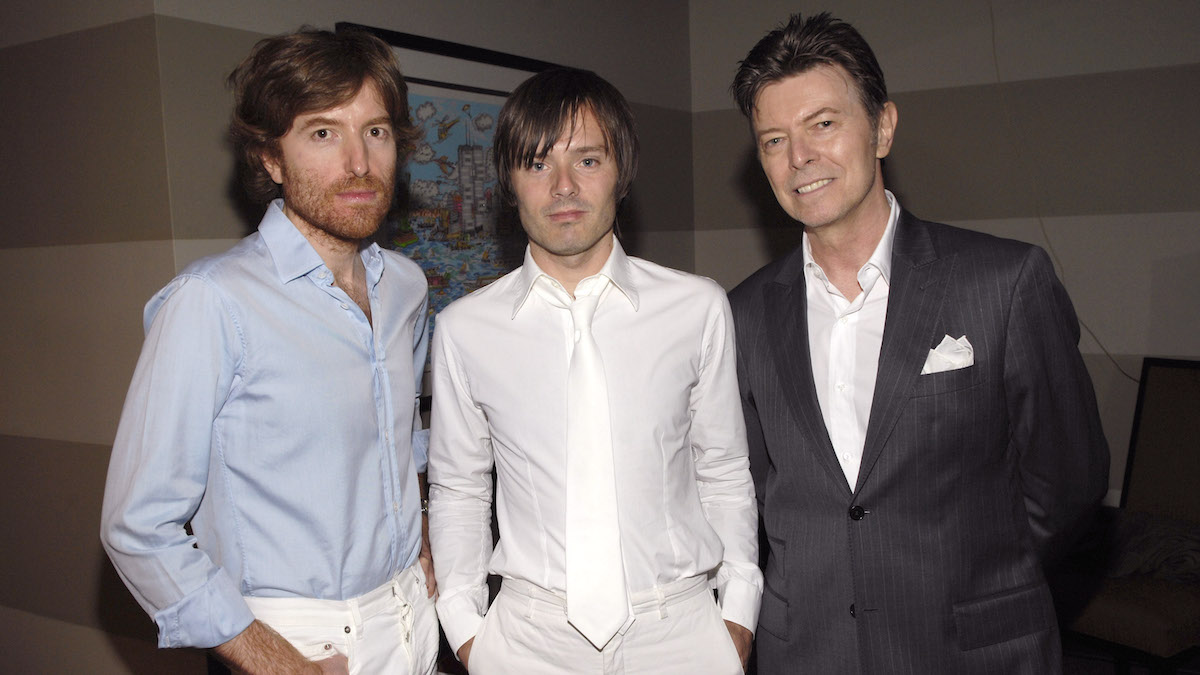


Andy has been writing about music production and technology for 30 years having started out on Music Technology magazine back in 1992. He has edited the magazines Future Music, Keyboard Review, MusicTech and Computer Music, which he helped launch back in 1998. He owns way too many synthesizers.
"At first the tension was unbelievable. Johnny was really cold, Dee Dee was OK but Joey was a sweetheart": The story of the Ramones' recording of Baby I Love You
"Reggae is more freeform than the blues. But more important, reggae is for everyone": Bob Marley and the Wailers' Catch a Fire, track-by-track



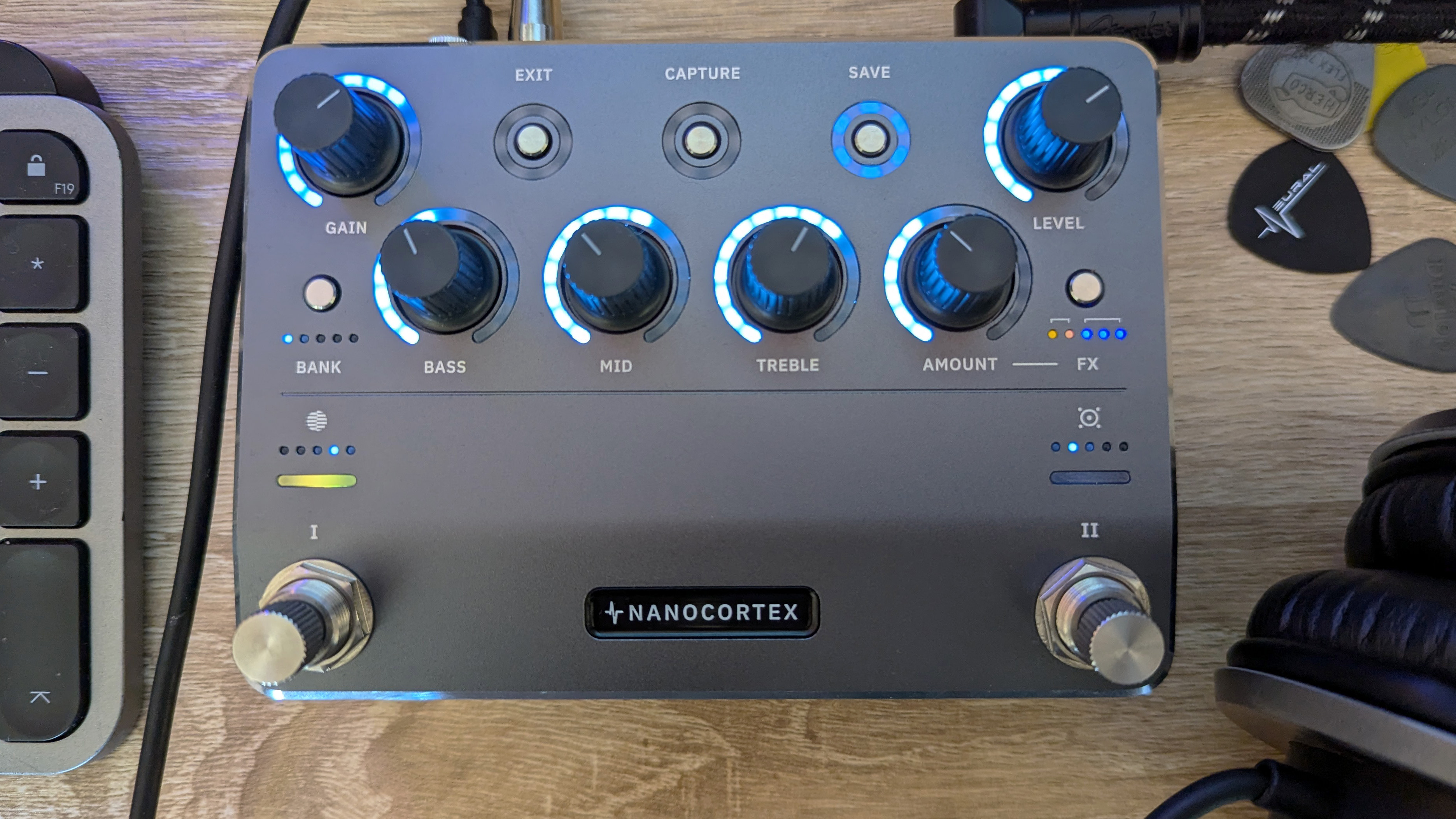
![Gretsch Limited Edition Paisley Penguin [left] and Honey Dipper Resonator: the Penguin dresses the famous singlecut in gold sparkle with a Paisley Pattern graphic, while the 99 per cent aluminium Honey Dipper makes a welcome return to the lineup.](https://cdn.mos.cms.futurecdn.net/BgZycMYFMAgTErT4DdsgbG.jpg)
